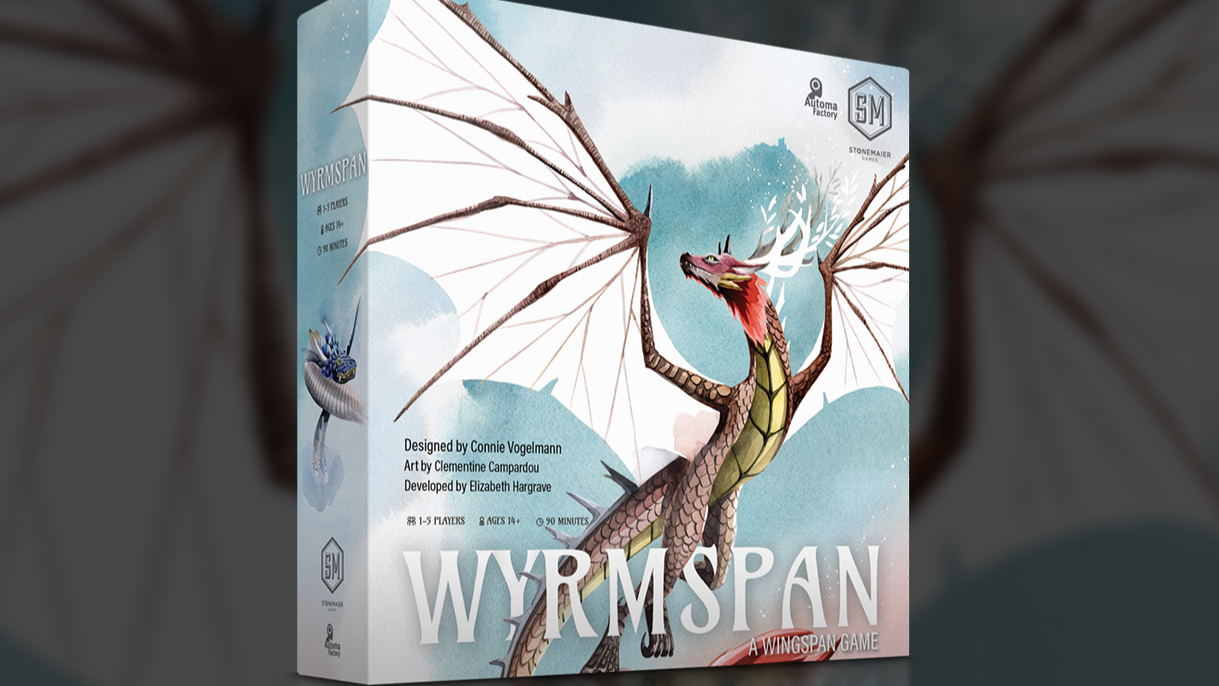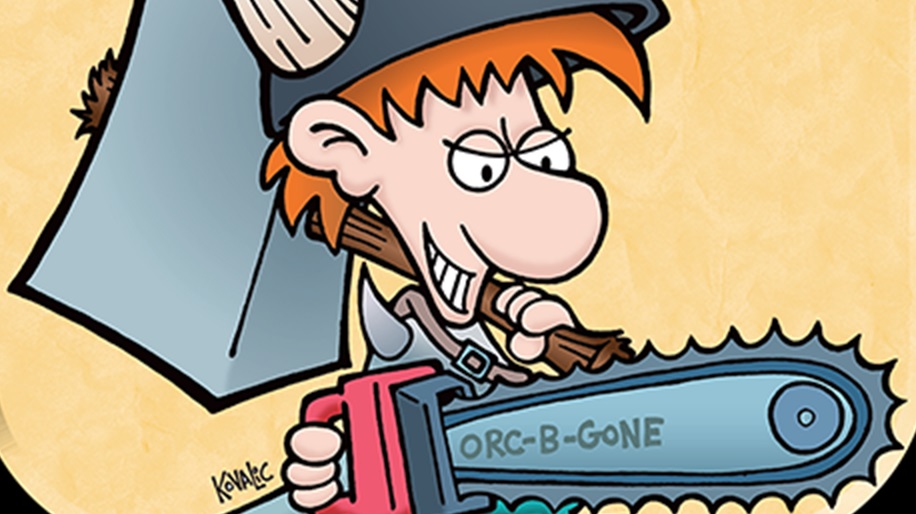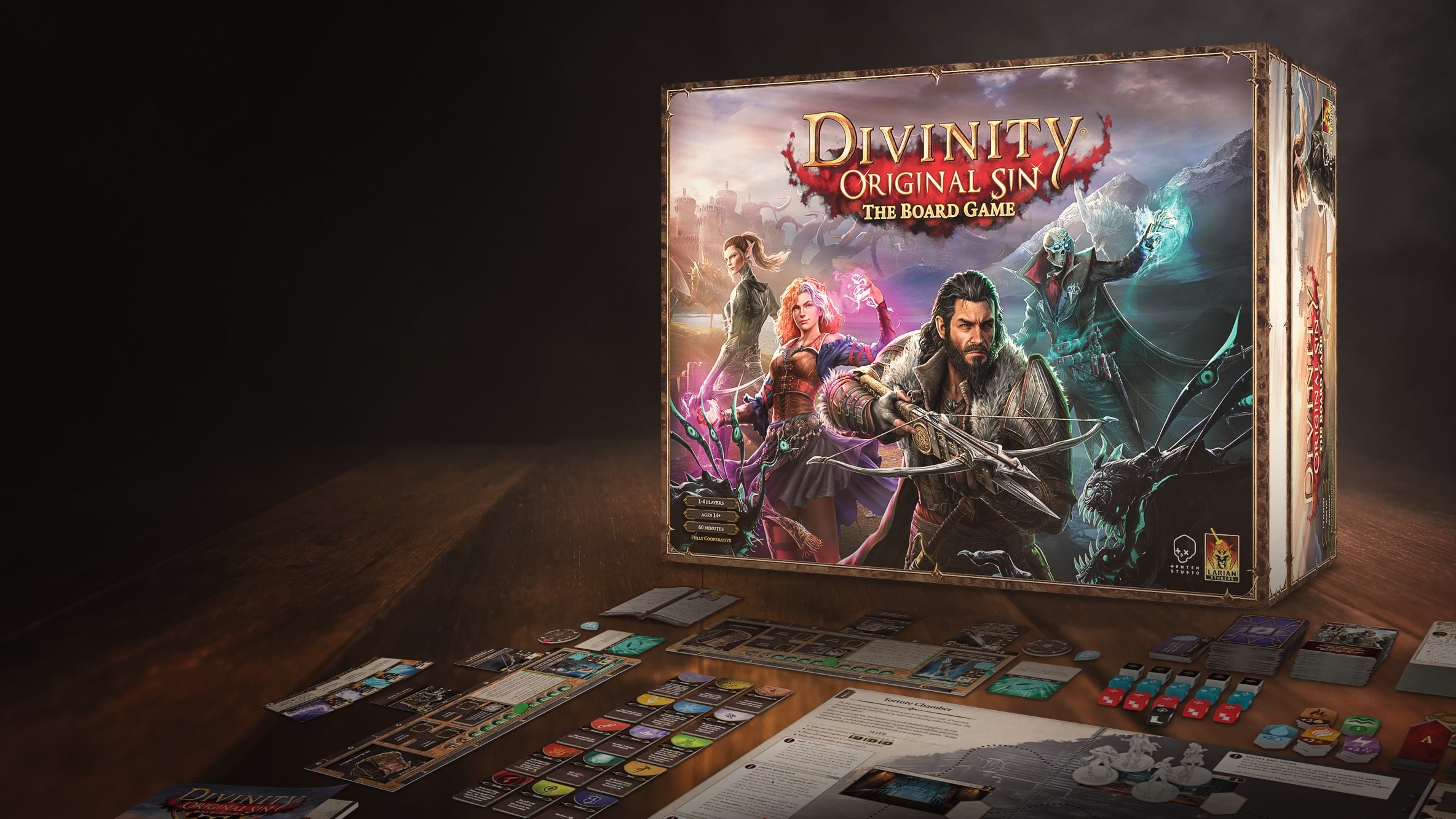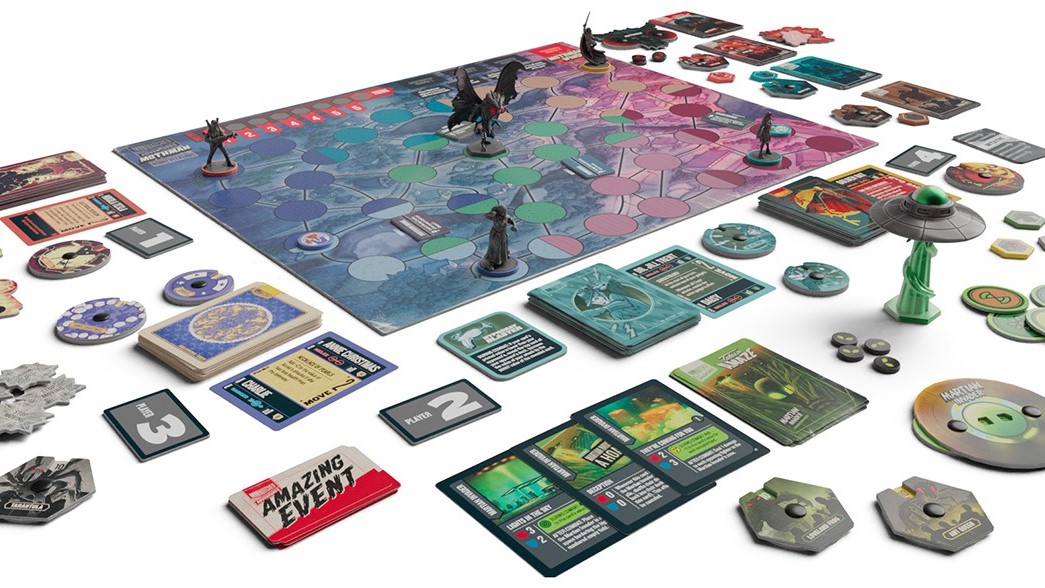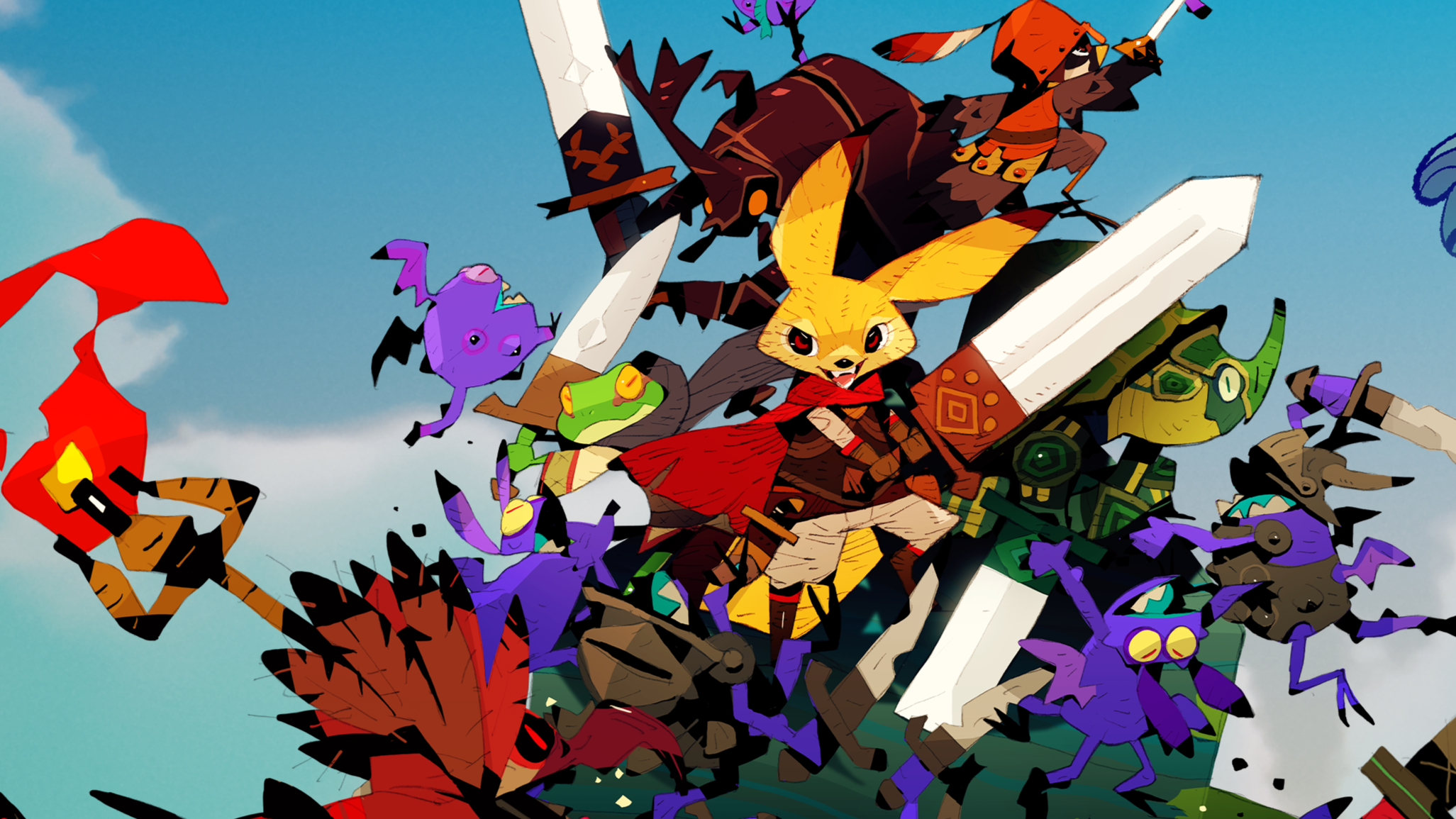
The tabletop boom just stopped dead in its tracks.
As countless industries reel from the news of major new US trade tariffs, you may not realise that one particularly close to our heart is likely to be among the worst affected: tabletop games.
Over the last 15 years, give or take, tabletop RPGs, wargames, and particularly board games have enjoyed a huge boom. Factors such as the rise of Kickstarter and the mainstreaming of nerd culture have allowed a huge range of games to flourish and find audiences, enjoying unprecedented funding and sales.
But what you may not have realised is that those products have been produced almost exclusively in China. From miniatures to dice to tokens to cards to boards to rulebooks, the vast majority of the paper, chipboard, plastic figures on sprues, and printed cards that you find in any given board game box or TTRPG starter set were manufactured there before being shipped west for distribution.
It’s a hammer blow that’s likely to simply kill many fan-favourite publishers.
All of which is to say that a 54% tariff on imports from China to the US will be devastating to the industry. Costs will rise enormously, and combined with the troubles many companies were already facing from rising global shipping prices, it’s a hammer blow that’s likely to simply kill many fan-favourite publishers.
Stonemaier Games—propelled to huge success in 2019 by board game mega-hit Wingspan—posted an excellent breakdown of what they see as the challenges ahead, and the title “The Darkest Timeline” sums up how bleak it is. “Any publisher—big or small, new or old—without cash reserves is in deep trouble, especially if they currently have games in production in China,” it says, describing a future in which prices skyrocket. It predicts publishers increasingly turning to small runs of “low-cost, high-markup products” which can be sold directly to consumers or via limited runs on Kickstarter, leaving retailers and particularly local game stores out in the cold.
The full article is uncomfortable reading, but well worth digesting, offering an expert perspective that offers little room for hope. “The reality of a 54% tariff is devastating,” it concludes. “There is no math that makes it work. There is no silver lining. It is a lose-lose-lose situation for everyone involved.”
Steve Jackson Games—45-year veterans of the industry, responsible for games including Munchkin and GURPS—posted a similarly dire warning that’s been so widely read it crashed the company’s website. It describes how products currently priced at $25 to consumers could easily become $40 (“That’s not a luxury upcharge; it’s survival math”) and expresses fear that companies will be forced to simplify products, delay launches, walk away from games deemed not profitable enough, and in “too many” cases close down entirely.
‘Literally impossible’
Even things you might assume would be simple to produce domestically, such as game boards or plastic tokens, aren’t feasible.
Many will suggest simply moving production to the US instead to avoid the tariffs, but the reality is that hasn’t been possible for a long time now. At best, the majority of tabletop products are enormously more expensive to manufacture in the US than in China (eclipsing even the added costs of the tariffs). At worst, many items simply can’t be made in the US for any price—the expertise and the equipment isn’t there, because such businesses were priced out of the market by Chinese labour decades ago.
Even things you might assume would be simple to produce domestically, such as game boards or plastic tokens, aren’t feasible—particularly to the standard of quality hobbyists have come to expect.
Will these tariffs encourage this kind of manufacturing to return to the US? That’s the broad idea, but it seems unlikely, especially in the short term. It would require enormous investment from companies rolling the dice on a currently incredibly murky, unstable future—and the equipment they’d need to even get started would itself need to be (you guessed it!) imported from China at enormously inflated cost.
“I’ve gotten quotes,” says the Steve Jackson Games statement. “I’ve talked to factories. Even when the willingness is there, the equipment, labor, and timelines simply aren’t.” Stonemaier Games even links to a specific case study—the recent efforts of a start-up called Quimbley’s Toys & Games that describes its ultimately failed attempt to produce games on US soil as “digging our grave”.
That’s echoed by Justin Jacobson of Restoration Games, speaking with BoardGameGeek: “Most folks don’t realize that it is literally impossible to manufacture most hobby games in the US, even if you didn’t care about reducing profit. I mean literally impossible.”
The other side of the coin is that even for tabletop publishers in other countries, US sales are still likely to make up 50% or more of their income—so even if they’re able to circumvent importing from China into the US, they’ll still be stung exporting the finished games into the country. That will for example hit Games Workshop (creators of Warhammer) hard, despite the company producing most of its miniatures in the UK.
In the short term, the tabletop boom is over.
That’s without even getting into the wider economic implications. I won’t claim to be an expert on global trade, but you don’t have to be to conclude that we’re looking at a serious rise in the cost of goods across a huge range of products, especially if this escalates into a full-scale trade war. In times like that, expensive luxuries are set aside in favour of the essentials, and tabletop games certainly fall into that category.
In the short term, the tabletop boom is over. Expect a rash of collapsed Kickstarters, publisher closures, layoffs, and scaling back across the industry. In the long term, wherever you live, we’re looking at these hobbies getting much more expensive with a much smaller variety of lower quality options available, and much of the industry being consolidated by the few major players able to weather the storm.
There are more important things in the world than tabletop games, of course. That doesn’t make it any less heart-breaking to see an industry that has grown into a more creative, vibrant, and welcoming world than ever before in recent years be cut down in its prime by rushed economic policy with no clear upside. We all love taking a risk on a dice roll, but not with the fate of the entire global economy, please.
